Visit or Call Our Sleep Guide Texas Showrooms
Our Texas Showrooms Are Here To Help With All Your Favorite Online Brands! And We Offer Exclusive Coupons To Save More!
Learn MorePlease note, we are proudly supported by our readers. The product links are referral based and if you purchase an item we make a small commission. For more information please see our disclosure page.
Our site uses cookies to improve your experience, continuing on our site means you agree with our cookie policy Read More
I agreeSleep, we all need it. Men, women, and everyone outside of the binary need sleep in order to live happy healthy lives. But are there any differences in how much sleep we need? Or how we sleep in general? We are going to answer these questions and many more, as we go over whether or not sleep is different for men and women.
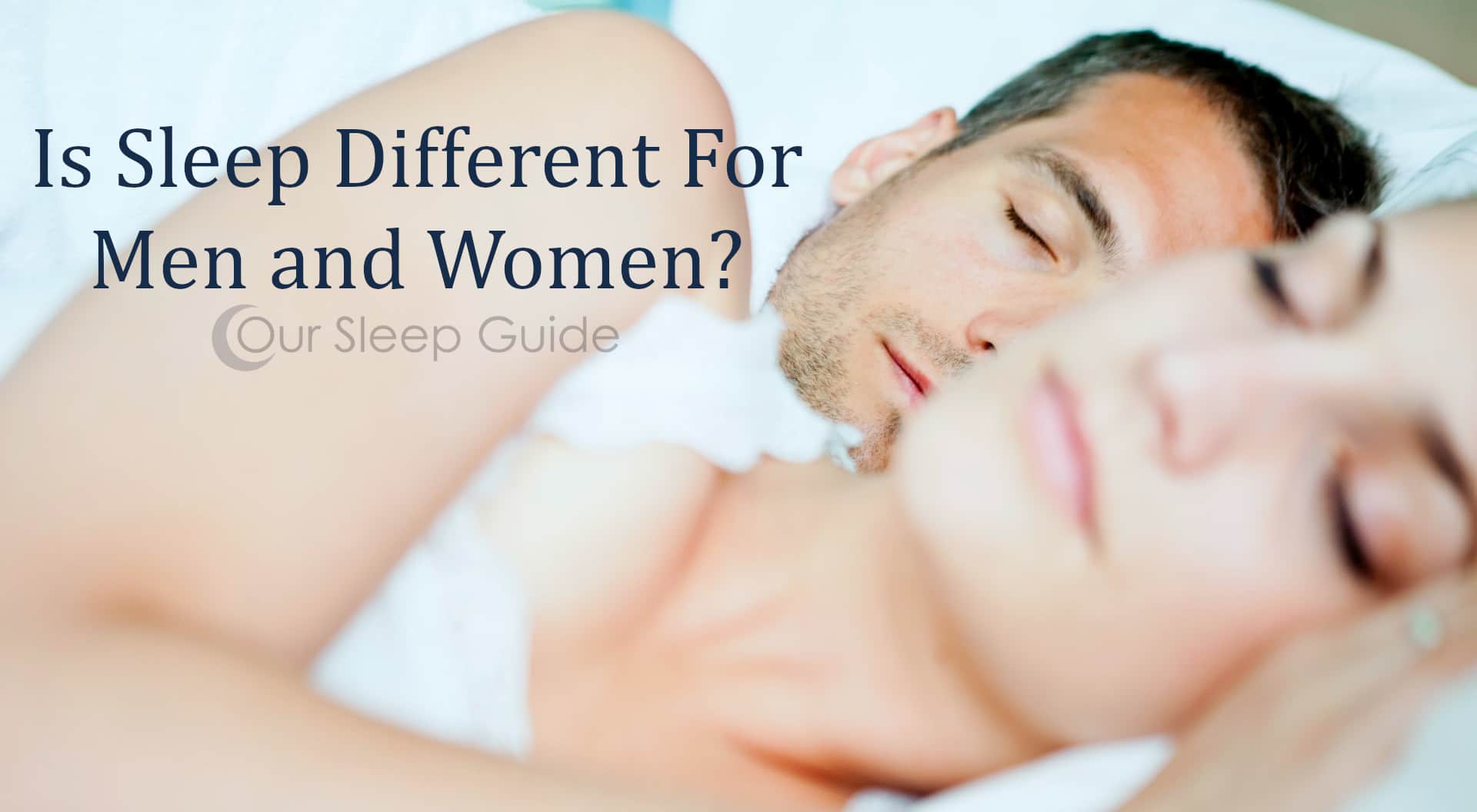
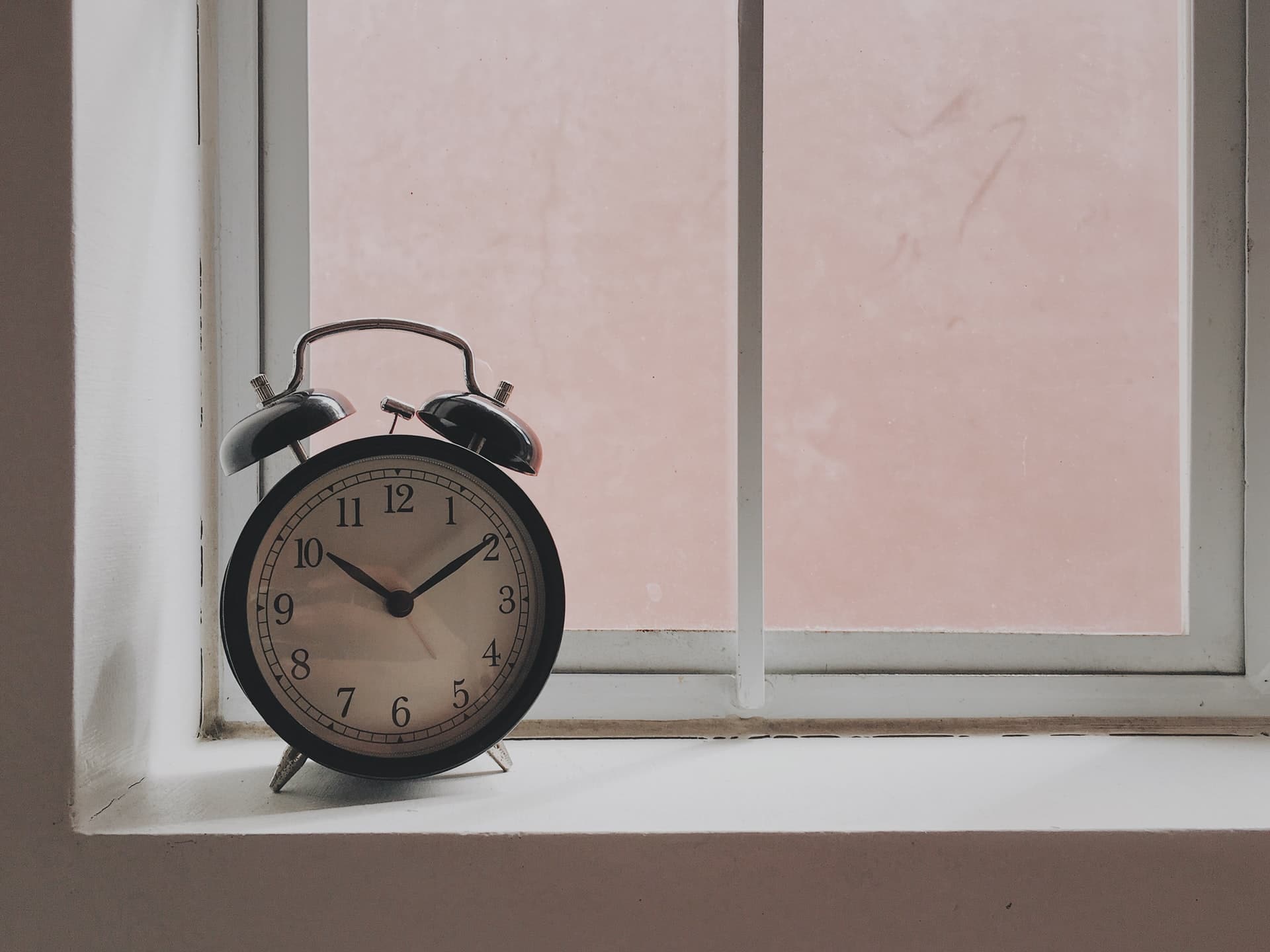
Though it is recommended that both men and women get about 7-8 hours of sleep a night, it is suggested that an added 20+ minutes can help a female feel more rested. Regardless of gender sleep plays a vital role to overall health and making sure you get an adequate amount for your personal needs is always key.
Head over to our post The Importance of Sleep to learn more about why we need sleep.

However nearly all of these observations are general and not true for all people. You may find that in your home it is the men who wake up earlier and go to bed early. While the women stay up and sleep in later.
This is going to change greatly with external influences like jobs and other duties as well. As this means you are no longer relying on your circadian rhythm to wake you up and put you to sleep.
Having trouble staying asleep? Head over to our blog post: Tips For Falling Back Asleep
While some of these below points are just a part of life more than complications, they are more gender specific. Meaning at various points in your life your sleep may be affected more from a biological or hormonal standpoint just because you are male or female. Though some of these will affect both men and women, they may do so differently.
The best way is to understand how these complications may affect your sleep and meet them head on. Being prepared is the best way to ensure you get adequate rest and sleep with little to no complications.
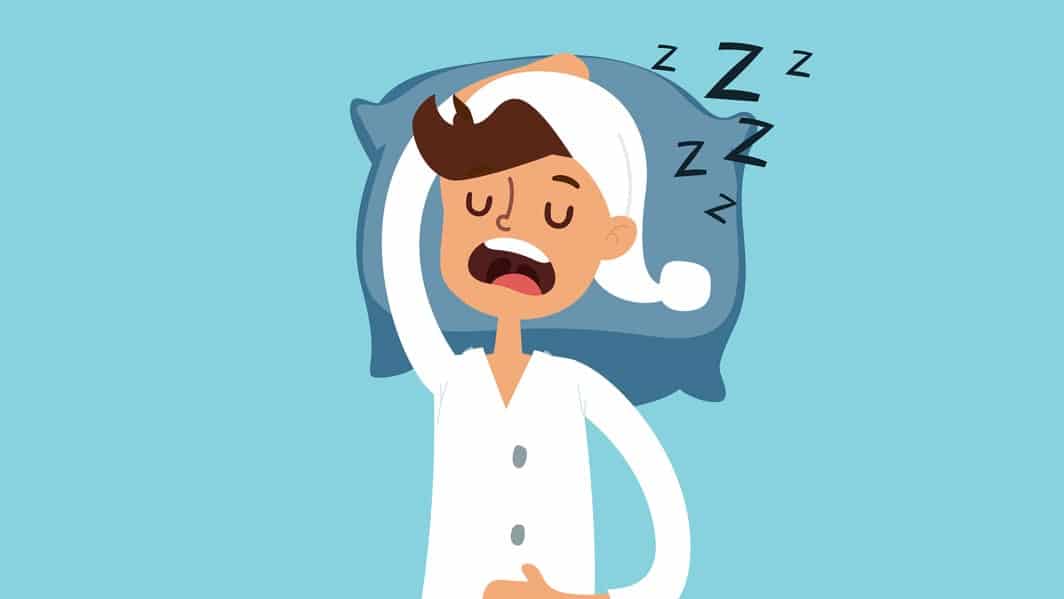
Learn more about what causes snoring in our post: Snoring Causes & Cures
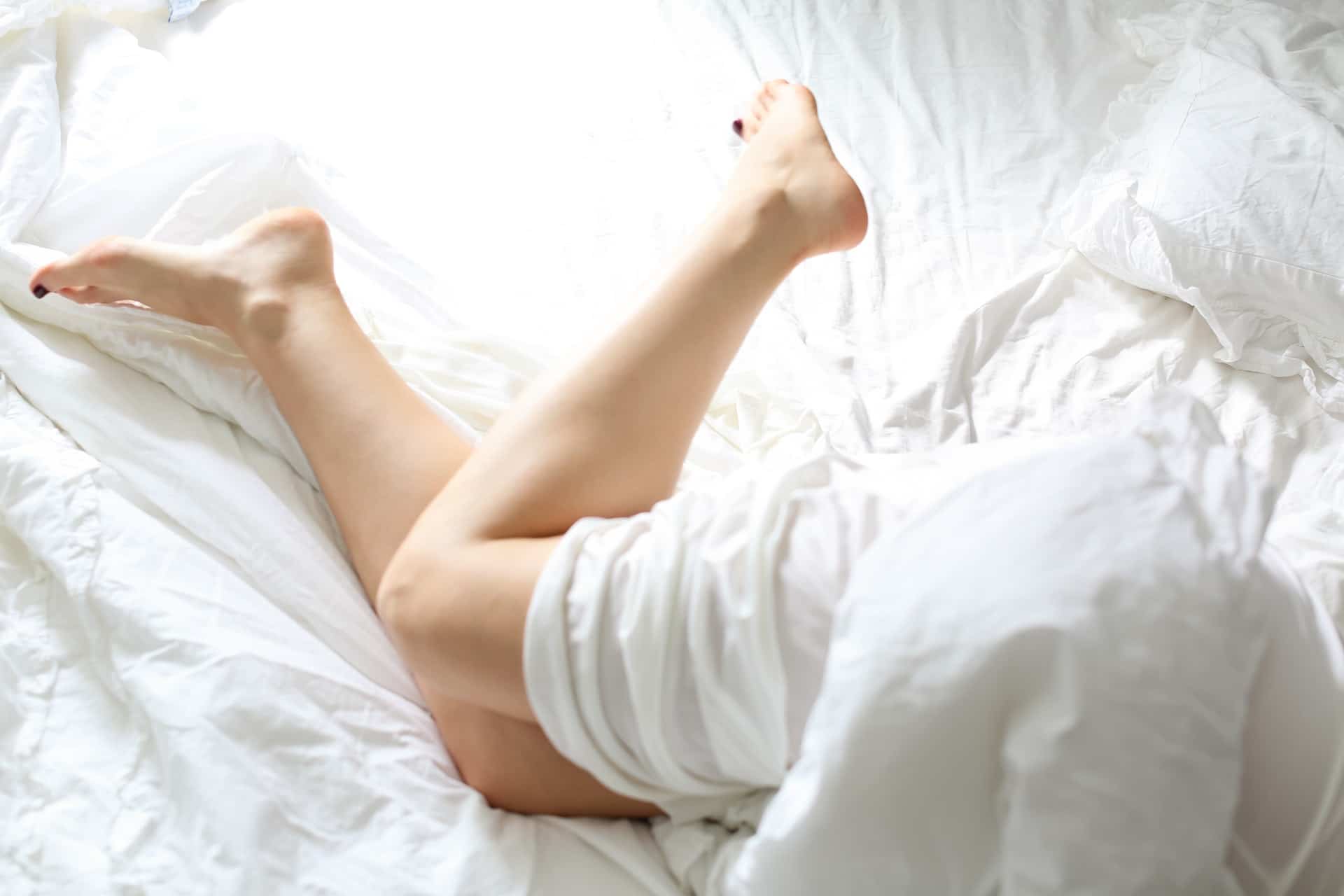
Regardless, RLS can put a damper on sleep and really start to cause disruptions that can occur at any time of the night. Making it uncomfortable, but also wake you from a deep state of rest that may be hard to fall back to sleep from.
You don’t have to live with the pain of RLS. Click the link to learn more! Top Tips & Products to Ease Restless Leg Syndrome

Puberty itself involves a lot of growing, changing, and development. Which is why teens are so tired all of the time. Consider this fact the next time you yell at you teen to wake up and stop being lazy. (Although the late nights on the internet might also be adding to their sleepiness.)
A few articles that may interest you are: Best Mattress for Kids At Every Stage & Sleep Tips For College Students
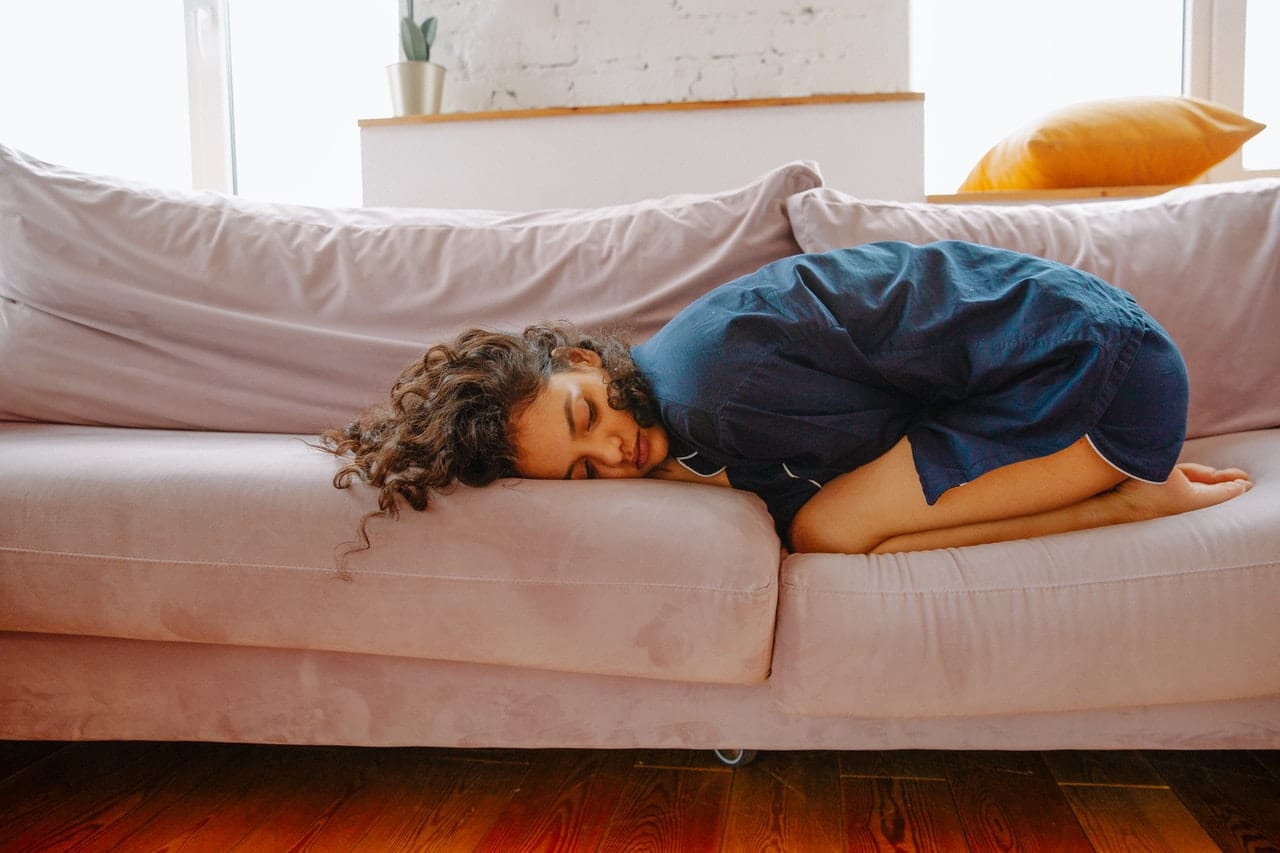
While the week of your period can bring on its own disruptions. Migraines and cramps are also common and cause less ideal sleep during menstruation. You also may feel sluggish, bloated and overall uncomfortable. Which means laying around may seem more appealing, which doesn’t necessarily mean your sleep.
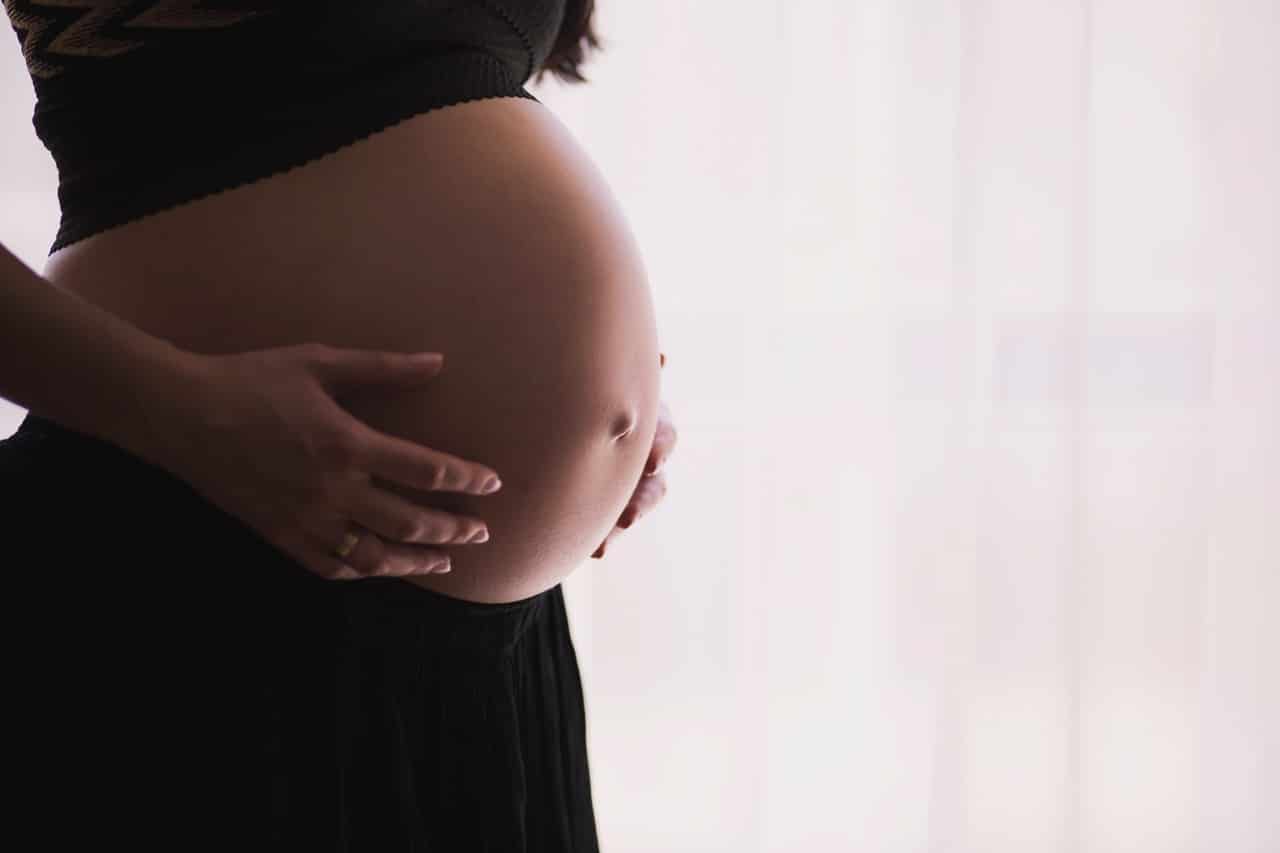
With so a big process your body is going through, there are many different complications that can occur that can make it harder for you to get sleep. Not to mention how these discomforts and set backs change frequently over those nine months. However, there are many different ways you can find comfort and sleep.
Pregnant and needing help sleeping? Head over to our post: 27 Pregnancy Sleep Tips
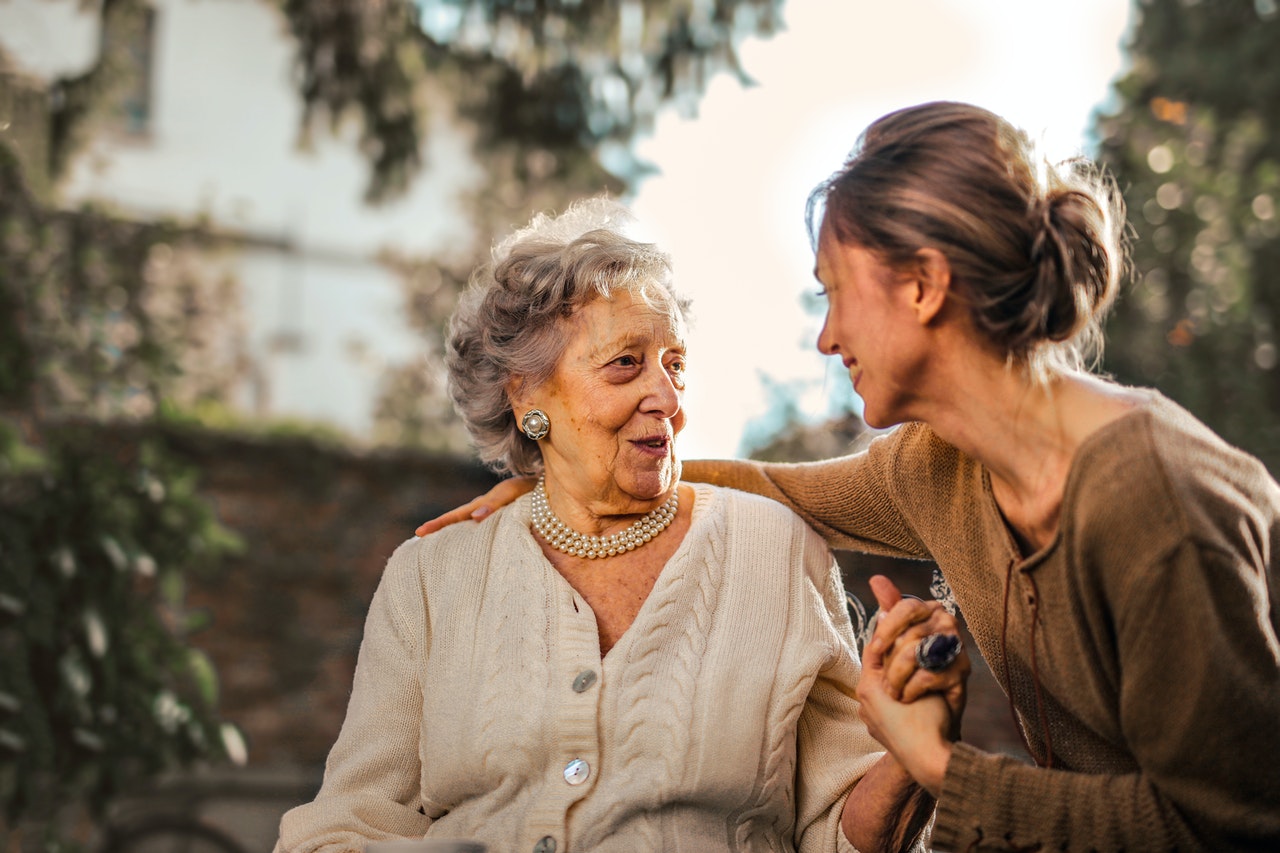
Studies are beginning to take a closer look at hormones and their relationship to sleep and different sleep related illnesses. For instance menopause is a significant shift in hormones for women. It is also noted that after menopause women are much more likely to experience sleep apnea.
Now sleep apnea is also commonly associated with obesity and post-menopausal women also tend to gain weight. When so many different things are linked together it can truly become a chicken or the egg situation.
You May Also Be Interested In: Menopause and Sleep: Sleeping with Hot Flashes

For instance, depression and other mood disorders can greatly increase the likelihood of you experiencing insomnia. Far more than simply being female will. Regardless, insomnia can be a long term or short term complication that can really impact your sleep and sanity.
Overall there are more differences in things that will deter or impact the quality of sleep, than their actual sleep in general. For the most part all people, no matter their sex, needs sleep and generally sleeps in the same way.
While there is a study out there by Dr. Jim Horne that says women generally need 20 minutes of sleep more than men in order to feel like that are fully rested. This is such a minuscule number when it comes to 6-8 hours of sleep. As humans, our habits and lifestyles vary so drastically that it is impossible to be accurate when making these statements to cover all women and all men. However, we hope these generic observations have been enlightening.
Our Texas Showrooms Are Here To Help With All Your Favorite Online Brands! And We Offer Exclusive Coupons To Save More!
Learn More
